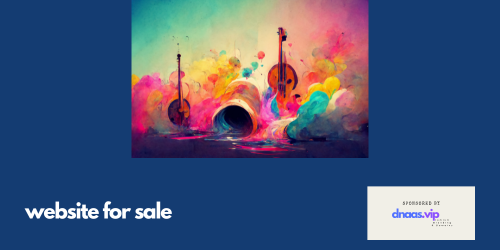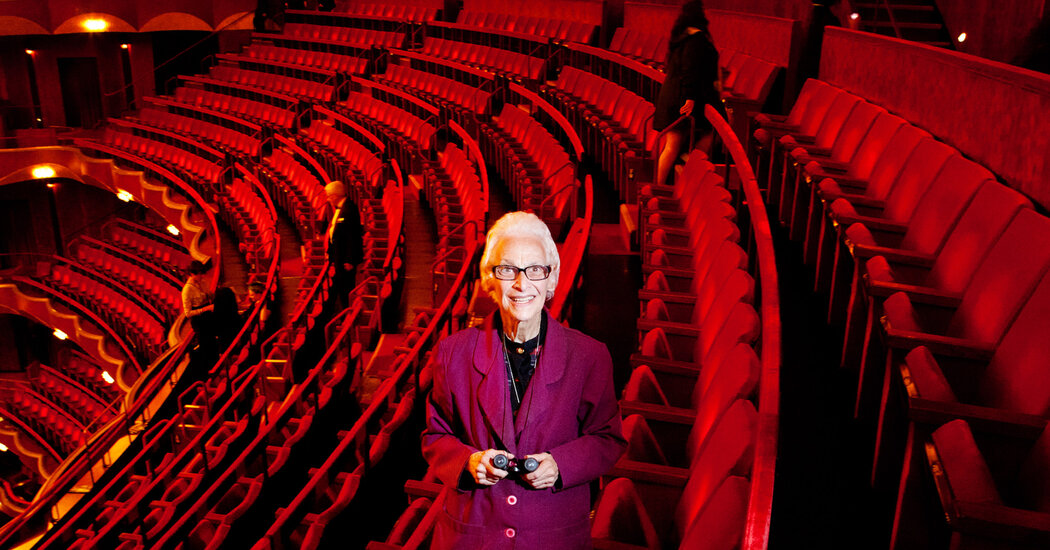A great live performance reveals something in the music that’s hidden in the recorded version: you’re not washing dishes at a concert. In those shocking moments, when the work of art being created in front of you is compelling enough, you forget you even own a smartphone. It’s music festival season, and as a resident of Brooklyn, said to be the center of the most culturally attractive metropolis in the Western world, I might expect to have top-notch local offerings from the attention of businesses that bring artists together in the world. . However, where I live, known as the center of the world, the options are slim. Music fans in New York City had the option of paying $359 to attend last weekend’s Governors Ball music festival, where a smattering of knockoffs, mediocrity and TikTok ephemera awaited them.
If you’re willing to pay top dollar to see The Killers and SZA play a short, lackluster set, the top bill is more than enough, but the city’s biggest show of the year still ends at midnight and beer is a $12 luxury. As swarms of police and paramedics await the aftermath of the next batch of tainted cocaine, authorities have reason to worry about what might happen when drunken young revelers wander into central Queens late at night. Multi-day music festivals have become so unmanageable in New York that taste-setting hip-hop extravaganza Rolling Loud has not held an event in the city since 2022, along with The Meadows, Panorama, All Points West, Across the Narrows, NorthSide and CMJ music marathons have failed records in the metropolitan area.

That’s why I crossed the Atlantic to Spain, where people have figured out something forgotten by cultural executives in America’s hippest regions: how to compete on quality alone. Held every June at the Parc Del Forum in Barcelona, Primavera Sound has become the best music festival on the planet by offering the best possible product. At sunset on opening night, May 30, Brooklyn noise-rock pioneers Blonde Redhead performed at the Waterfront Amphitheater to more than 5,000 fans, a crowd that was, by any means, larger than the band’s home crowd. Lightning forked over Bikini Kill’s Kathleen Hanna on Saturday, as if summoned by the Washington punk prophetess herself.
In safety-minded America, the show would be canceled at the first distant rumble, but here only fans of the emotionally touchstone American football shelter in place, deeply immersed in the memory of their 14-year-old selves. immersed in happiness in the memory. The music continues until six in the morning every day. All weekend long, fit young men wandered the festival carrying kegs, serving up six pints of Estrella wine. More than one woman pointed out to me that the portable bathrooms were cleaner and more plentiful than their American counterparts, and they never ran out of toilet paper.
What’s going on here? Maybe NATO is to blame – maybe the American festival is a rip-off, rowdy, paramilitary affair, while the European festival is well-planned and humanely run, since the United States bears much of the continent’s defense burden. I’m only half-joking: the music industry complex that allows events like Primavera to be held is operated outside the United States and sustained by U.S. capital and consumer spending. It’s Europe’s obsession with our own cultural products that makes this party possible: two of Barcelona’s three headliners are Americans, and on Friday and Saturday nights a large crowd of Brits and Spaniards competed with Lana Del Rey and SZA sing together.
At Primavera, an American music fan can assess his or her country’s current craze and achievements. Our culture continues to dominate the developed world, even as we have destroyed many of our own indigenous vehicles for proper consumption of culture, as our cinemas, record shops and music festivals slowly die out. At Primavera, our victory sometimes looks like a global contagion. Ethel Cain is a transgender artist who was raised by homeschooled Florida evangelicals and sings big, slow, country-drone weepy songs about creatures, Society and her own theocratic family robbed her of her girlhood. The music was almost gorgeous and intense, and in Barcelona many fans in the front row were in tears. Kane’s new and yet-to-be-released numbers reveal that her art has finally sunk into the atonal swamp. In a personal fashion statement, an ultra-simple Blair Witch tattoo competes with a black pro-Palestinian shirt in Arabic-style English font that bears an eerie resemblance to the Islamic State flag.
American art today is thoroughly identitarian, and Kane represents its sharper pole, the extreme that demands a specific set of emotional and political responses regardless of the artistic merit of the product. If the responses are not your own, you have no reason to care. At the other extreme is New York rapper Billy Woods, who drew attention to himself by proudly declaring that he wasn’t interested in what you think. “I don’t want to see Nas with the orchestra at Carnegie Hall,” he raps. “People without the people—without you, I will not die.”
To Taylor Swift, Woods is truly the last great American dynasty. The glory that started in 2019 hiding placemaybe even 2012 History will exonerate me, unmatched by any other ambitious American musician of the era. In Barcelona, he performed at night under the neo-Brutalist monumental solar array, the illusive architectural centerpiece of Forum Park. He took to the stage in a plain black shirt and jeans as a cool breeze blew in from the nearby Mediterranean Sea. “Can I legally dim the lights?” Woods asked the booth. With the artist himself obscured, the entire scene becomes a catalog of brain-splitting nightmares: Woods raps about watching anthropologists “watch black men sell drugs”; he “chases dragons on aluminum sheets” and then “watches My body survives on its own”. In one song, he raised the possibility that Boko Haram might have a point in asserting that Western education is evil. My reaction was not fear, but: Are they really? “Everything I learned in community college was a lie… I couldn’t read even if I tried,” growls a rapper’s sleight-of-hand baritone as he riffs on high culture, Henri Matisse, William Burroughs Si and Cormac McCarthy are mentioned more than anyone else.
I’ve always thought of Woods as a neurotic doomsday poet with an uncanny gift for transcribing the most disturbing parts of his subconscious into poetry. In Barcelona, I realized how thoughtful his music was. Like Kane, he has an unusual family history that bleeds into his work—Woods’s father was a black activist who moved his family to Zimbabwe and worked under Robert Muga in the 1980s. served in the Bayi government. In the most famous song performed in Barcelona, ”SpongeBob SquarePants,” Woods appears to be rapping from the perspective of Al Qaeda as American bombs fall on the island of Tora Bora. Later on set, he ignored Playboi Carti’s performance somewhere in Europe, “smoking alone and homesick.”
Click here to read more from The Washington Examiner
mapWoods’ critically acclaimed album from last year addressed one of our great national themes, which is traveling to Europe to better understand our own society and what’s going on within ourselves. His music is driven by a careful interplay of militancy and ambivalence—experience and memory amplify and complicate his more extreme ideas, a quintessentially American self-divided unity, often at the end of a poem implemented in space. In his constant turning toward and away from himself, Woods demonstrates the best that can happen from our culture’s drastic identity turn.
At a festival as fantastic as Primavera, you might be frustrated to see something we don’t have here in the United States. But you can still cross the Atlantic and return to America with confidence, knowing that America’s genius is not dead yet.
Armin Rosen is a fugitive journalist based in New York. pill.




